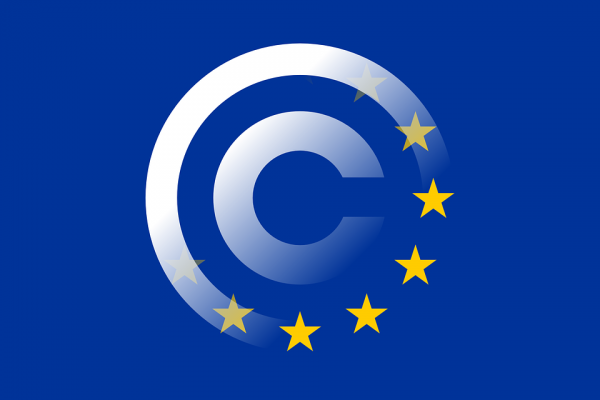In January we reported that Big Tech might be trying to run down the clock on the Copyright Directive which includes provisions aimed at increasing platform responsibility for hosted content. Those efforts have seemingly failed with a trilogue compromise being reached on 13 February and subsequent formal approval of the compromise by the Council and the European Parliament’s Legal Affairs Committee.
The Federation of European Publishers welcomed the trilogue agreement and subsequent Parliament Legal Affairs Committee adoption underlining the need for legal certainty so that they can continue to invest in great works that provide access to knowledge and contribute to cultural diversity.
The trilogue agreement was not without controversy with the European Commission coming under fire for a surprisingly toned Medium Post that referred to opponents of the Directive as ‘the mob’. The Commission has since withdrawn the post and apologised.
Within the Council, a number of Member States were still unhappy with the compromise but were unable to block a qualified majority agreement.
The text will be put to the European Parliament Plenary in March or early April so adoption of this controversial text is by no means secured.
The full FEP statement reads:
The positive vote in JURI is a crucial step towards the adoption of the Copyright Directive before the end of this legislative term. Publishers expect much-needed legal certainty for their future investments, allowing them to continue to foster access to knowledge and contribute to cultural diversity.
Publishing and the values of freedom of expression, creativity, knowledge and understanding that it represents have long been at the heart of Europe’s society and its economy. Hundreds of thousands of EU citizens go to work each day to pursue this endeavour and whilst we all understand that the way we publish is changing, our values and societal contribution are not. We therefore agree that it is essential that Europe finds a way to establish a digital single market, not just for the benefit of publishers but also that of the authors and readers whom we serve.
The copyright system established in the infancy of the internet whereby platforms were able to exploit content created and produced by others without either permission or payment is no longer fit for digital purpose. Their desire to perpetuate this system may make sense for them but does not make sense for Europe. Put simply, it is not fair, and it is not in Europe’s long-term interests.
In addition, young Europeans are at risk of growing up with a false impression of the economic and cultural value of creative endeavour and the commitment and investment it has taken to create and maintain the rich cultural tapestry and knowledge economy that remains our continent’s defining characteristic.

